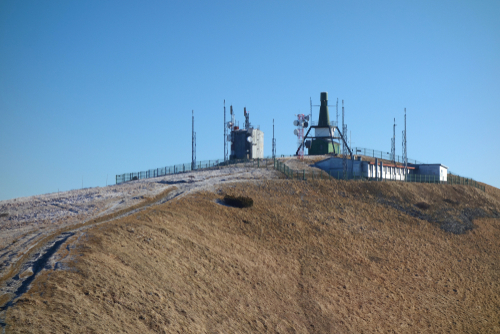
U.S. Rep. Jason Crow (D-CO) introduced two bills designed to protect and strengthen military bases from threats related to climate change and energy dependency.
One of the bills is the DOD Water Assessment and Testing Enhanced Reporting (WATER) Act, introduced by Crow, along with Reps. Xochitl Torres Small (D-NM) and Doug Lamborn (R-CO). It would require the Secretary of Defense to improve data collection and create a recurring water scarcity analysis. Water scarcity has been raised as a concern due to warming temperatures at some bases and in some regions.
The other is the Guaranteeing Resilient Installations for Defense (GRID) Act, which would launch a pilot program to address vulnerabilities to electric grids on which power critical military installations rely.
“Climate change is the national security threat of the 21st century. It not only increases all of the threats we face but makes it harder to conduct military operations to meet those threats,” said Crow. “These bills will help us address those threats. Already, Colorado has seen how water scarcity and extreme weather can cause damage to our bases and threaten our electrical grids. Climate security is directly tied together with our national security, and I’m proud to be introducing these bipartisan bills to address the risks to our military bases.”
The GRID Act was introduced by Crow, along with Reps. Don Bacon (R-NE) and Scott Peters (D-CA), and works to address threats to the electric grid from nature, terrorism, or cyberattacks. It would do this by creating a two-year pilot program between the Department of Energy and the Department of Defense to implement solutions for infrastructure vulnerabilities.
“Few places have experienced water scarcity like New Mexico. I’ve worked with our bases and local communities to best position Holloman Air Force Base and White Sands Missile Range (WSMR) to tackle the present and future threats to our national security—we must also make sure they have the water they need to carry out those missions,” Torres Small said. “Our national security depends on our ability to adapt in the face of climate change and a dwindling supply of water. By requiring common, science-based water assessment practices, we can equip DoD with the data necessary to move forward with smart investments in water management and preparedness.”




